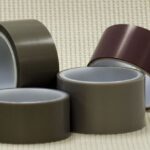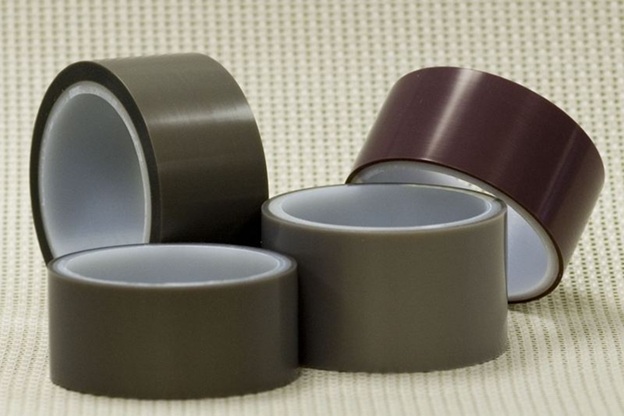Article at a Glance:
- Concrete and steel truck scales are widely used truck scales in the transportation industry.
- Factors like installation time, maintenance cost, durability, and flexibility are differentiating factors in choosing the suitable deck material for businesses.
Truck scales are essential equipment for weighing trucks and their components in the transportation industry. Choosing the right deck material for your truck scales is crucial as it impacts the accuracy and durability of your scales and, thus, the efficiency of your investment in truck scales. The two most common deck materials used in manufacturing truck scales or truck axle scales are steel and concrete.
So, while looking for your next truck scale, it would be suitable for you to understand some differentiating factors between concrete and steel-made truck scales to find the best fit for your needs.
In this article, we discuss some pros and cons of both deck materials so you can ultimately decide which one to use when purchasing your next weighbridge.
Installation Time
Concrete deck truck scales take longer to install than steel deck truck scales. Installing a substantial task is a long process and takes several weeks to a month, which requires site excavation, concrete pouring, and curing. At the same time, truck scales are easy to install and calibrate, which can be done in a day or two. Steel deck truck scales are fabricated off-site and moved to the installation site.
Maintenance Cost
Concrete decks have lower maintenance costs compared to steel decks. They are less prone to corrosion, and repairs are less expensive. On the contrary, steel decks require regular maintenance to avoid rust and corrosion, which can be costly for businesses in the long run. The frequency of maintenance also depends on climatic conditions and frequency of use.
Durability
Both decks are durable and can last for several years with proper maintenance. However, concrete deck truck scales are more durable than steel deck. Concrete is a robust and dense material, so concrete deck truck scales offer improved load distribution and can withstand heavy loads and harsh climatic conditions. Also, the concrete deck provides better traction in wet and icy conditions. Meanwhile, steel is prone to wear, corrosion, rust, and tear, which affects the accuracy of steel deck truck scales over time.
Flexibility
Flexibility is a great differentiator between these two decks. Compared to a concrete deck weighbridge, a steel deck is a more portable truck weighbridge. Steel deck weighbridges offer excellent flexibility over concrete as they are lighter than concrete and easy to move to a new site. This flexibility makes steel deck scales a more suitable option for businesses if they plan to relocate weighbridges.
Safety Risks
Steel and concrete deck weighbridges can pose safety risks when not installed or maintained systematically. Concrete truck scales can crack and become uneven, which causes tripping hazards for equipment operators and truck damage. In the case of steel truck scales, rust and corrosion can weaken the structure, leading to potential safety hazards. So, it is more important to properly manage both concrete and deck truck scales to avoid potential safety hazards on the site.
When choosing the right deck material for your truck scale, it is important to factor in your specific needs from the equipment. Concrete deck truck scales are durable and stable compared to steel deck truck scales, but they are more expensive and require more maintenance. Steel decks are cost-effective, flexible, and precise but are vulnerable to corrosion and safety risks. Selecting a truck scale that best fits your business needs should be based on your site budget, site condition, and your long-term goals from your truck scales.

 Fuel Card Data: The Key to Smarter Fleet Management and Cost Control
Fuel Card Data: The Key to Smarter Fleet Management and Cost Control  Car AC Repair: Diagnosing and Fixing Weak Airflow
Car AC Repair: Diagnosing and Fixing Weak Airflow  How Exotic Car Leasing Works: A Beginner’s Guide
How Exotic Car Leasing Works: A Beginner’s Guide  Red Flags to Watch for at Any Car Dealership
Red Flags to Watch for at Any Car Dealership  PTFE Films in Automotive Wire Harness Protection
PTFE Films in Automotive Wire Harness Protection  How Weather Conditions Affect Car Headlights
How Weather Conditions Affect Car Headlights  Importance of Car Door Inspections During Servicing
Importance of Car Door Inspections During Servicing  Essential Role of Household Battery Backup for OSA Patients and Introducing Jackery Explorer 1000 Plus Portable Power Station
Essential Role of Household Battery Backup for OSA Patients and Introducing Jackery Explorer 1000 Plus Portable Power Station  The Importance of a Spacious Interior in a Modern Family SUV
The Importance of a Spacious Interior in a Modern Family SUV 




